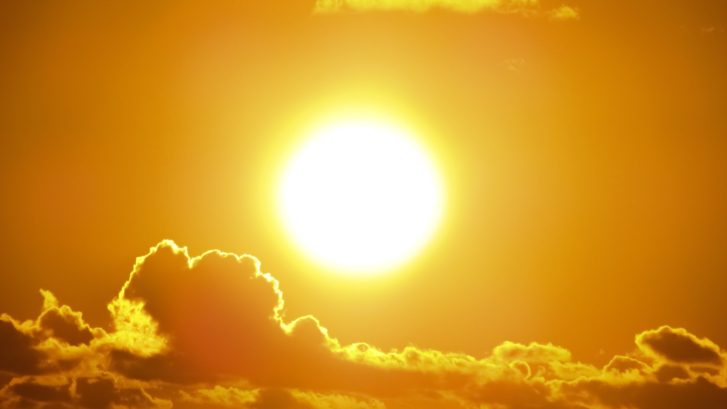How To Stay Safe in Scorching Temperatures
We’re not even halfway through summer yet, and we’ve already seen record-high temperatures here in south Florida, which can bring dangerous health impacts. The two most serious are heat exhaustion and heat stroke. Our concierge doctors in Jupiter want to remind you of ways you can keep your family safe as temperatures soar.
What to watch for
The Red Cross warns that some people are more at risk of developing a heat-related illness. These include: people aged 65 and older, who are less likely to sense and respond to changes in temperature; people with chronic medical conditions, who may be taking medication that can worsen the impact of extreme heat; infants and young children; and, outdoor workers and athletes, who may be more likely to become dehydrated, particularly in extreme heat.
When keeping an eye on the weather forecast, here’s what the various warning terms mean:
- Excessive Heat Watch: Conditions are favorable for an excessive heat event to meet or exceed local Excessive Heat Warning criteria in the next 24 to 72 hours.
- Heat Advisory: Heat Index values are forecasted to meet locally defined advisory criteria for the next one-to-two days
- Excessive Heat Warning: Heat Index values are forecasted to meet or exceed locally defined warning criteria for at least two days.
Consequences of extreme heat exposure
Such excessive heat as we’ve been experiencing recently can lead to life-threating heat exhaustion and heat stroke. Most people have heard these terms, but may not fully understand what they mean. We want to explain the differences between the two, because the treatments for each are different.
Heat exhaustion
The Centers for Disease Control and Prevention (CDC) says muscle cramping might be the first sign of heat-related illness. It lists the warning signs of heat exhaustion as:
- heavy sweating
- weakness
- cold, pale, clammy skin
- fast, weak pulse
- nausea or vomiting
If you or someone you’re with experiences these symptoms, you should move to a cooler location, lie down and loosen your clothing, apply cool, wet cloths to as much of your body as possible, and sip water. If you have vomited and it continues, seek medical attention immediately.
Heat stroke
The signs of heat stroke are:
- high body temperature (above 103 degrees)
- hot, red, dry, or moist skin
- rapid and strong pulse
- possible unconsciousness.
This is a medical emergency. Call 911 immediately. While waiting for the ambulance, move the person to a cooler environment, and try to reduce the person’s body temperature with cool cloths, or if possible, a cool bath. Do NOT try to give fluids.
Staying safe in the heat
Here are steps you can take to avoid experiencing either of these serious conditions.
- Limit outdoor activity. The sun is hottest from 11 a.m. (D.S.T.) to 3 p.m., so try to stay indoors, or at least in shaded areas, during those times. If you must be outdoors, take frequent breaks, preferably in air-conditioned environments, and, if possible, take cool showers or baths to cool down.
- Dress appropriately. Wear loose, lightweight, light-colored clothing. Wear a hat with a wide brim.
- Drink water frequently, from two to four cups of water every hour. Don’t wait until you’re thirsty to drink, because by then you’re already started to dehydrate. Monitor urine color: If your urine is dark, you’re not drinking enough water. Urine should be light yellow or clear. And avoid alcoholic drinks, which can not only impair judgment regarding time spent in the heat but also dehydrate you.
- Never leave children or pets in cars for any amount of time. Also check on animals frequently, ensuring they have access to shade and plenty of cool water.
- Check on family, friends, and neighbors who do not have air conditioning, who spend much of their time alone, or who are more likely to be affected by the heat.
Keep these safety tips in mind as you enjoy the outdoor fun in summer, and check with us if you feel more bothered than usual by the heat. This could be a sign of a medical condition that warrants investigation.

